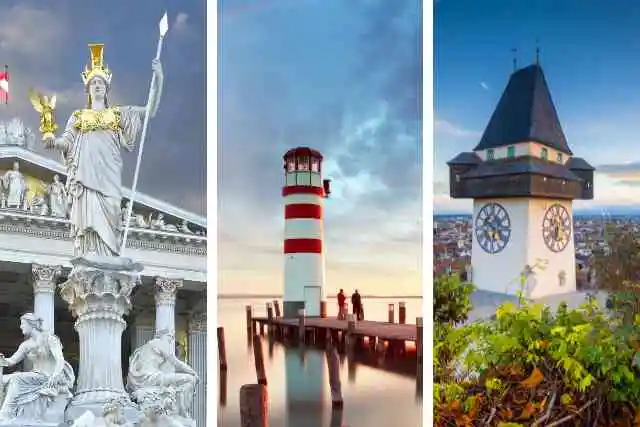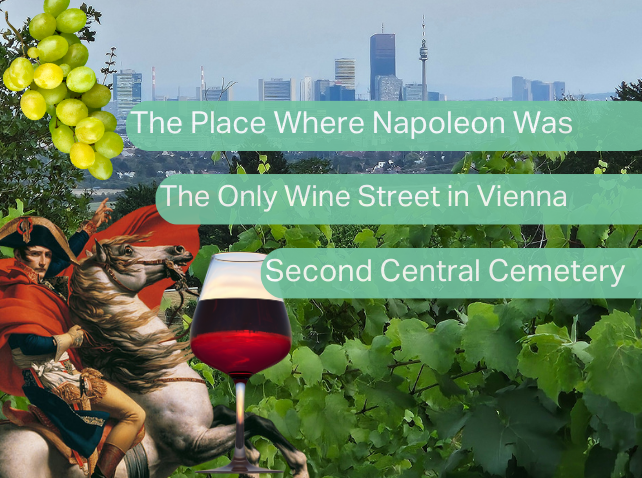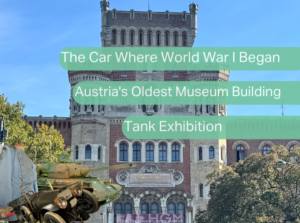Stammersdorf, a hidden gem in Vienna's Floridsdorf district, blends rich history with unique charm, making it a must-visit for those who love culture and wine. This picturesque village, nestled at the foot of Bisamberg Mountain, offers a surprising mix of historic encounters, thriving vineyards, and captivating local traditions.

Book
Austria by Public Transport
Discover Austria like never before with “Austria by Public Transport.” This book is your ultimate guide to exploring the beauty of Austria easily and affordably. Get your copy today and start your adventure!
A Picturesque Village
Stammersdorf is a charming village that belongs to Vienna, specifically to the district of Floridsdorf. Nestled at the foot of the Bisamberg Mountain, which rises 358 meters above sea level, Stammersdorf offers a unique rustic atmosphere. Although it is part of a bustling two-million-resident city, the village retains its countryside charm with vineyards and wine cellars that add a distinctive character to the area.
The Origin of the Name
The name Stammersdorf originates from the Slavic name “Stojmir,” adding a historical and cultural layer to this already fascinating place.
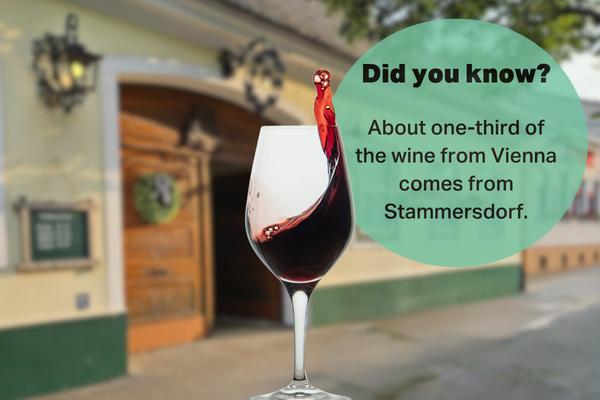
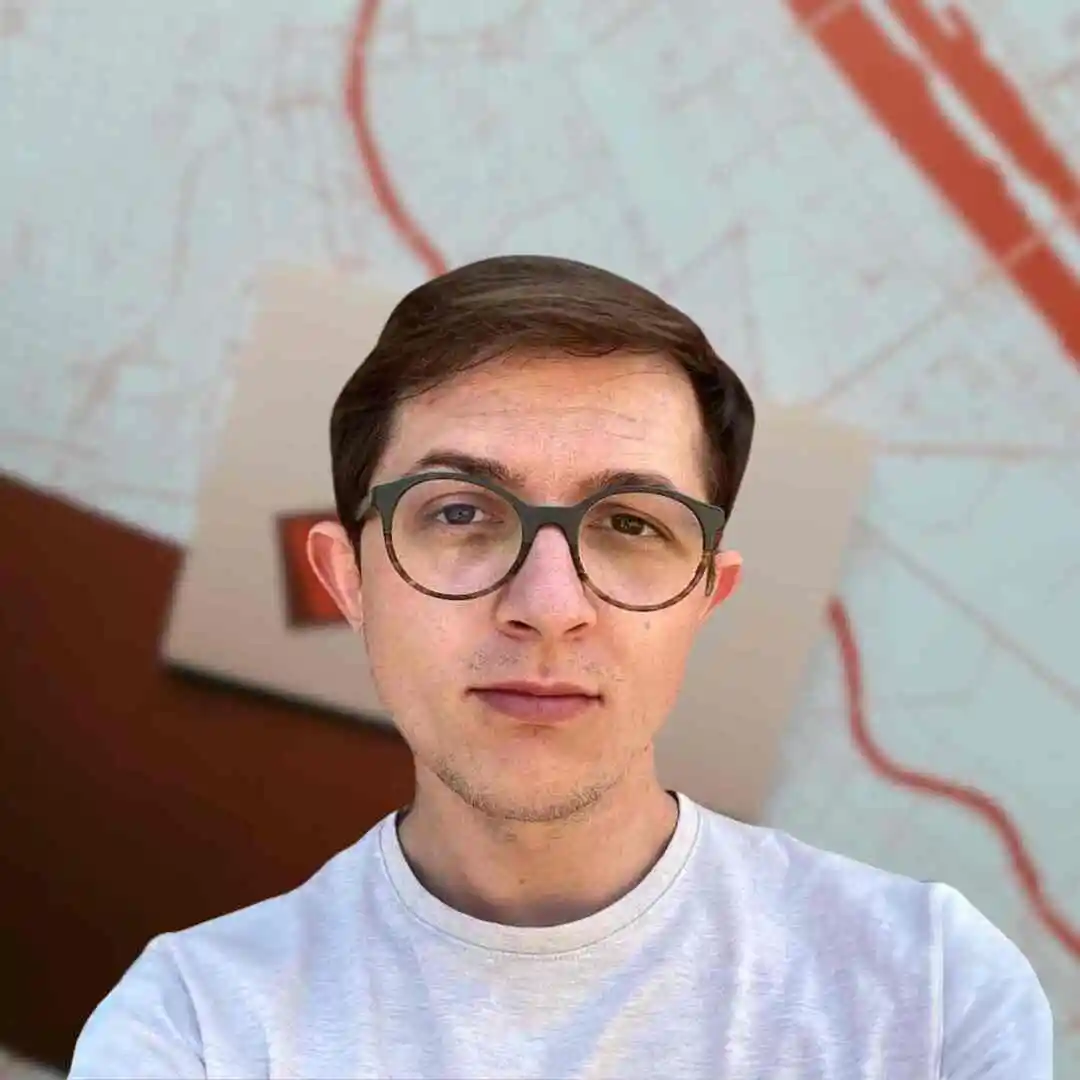
Kordian
Hey, it’s me, Kordian! I spend like 10 to 20 hours on each post just for you. This website is my main source of income. If you enjoy using it regularly, I’d totally appreciate your financial support. Your help means a lot and keeps the content coming. Thanks a bunch!
A History Rooted in the Ice Age
The history of Stammersdorf stretches back to the Ice Age. Archeological finds suggest that early humans hunted mammoths in this region. Settlements in the area began more than 2,000 years before Christ. However, the first recorded mention of a permanent settlement dates back to the 12th century.
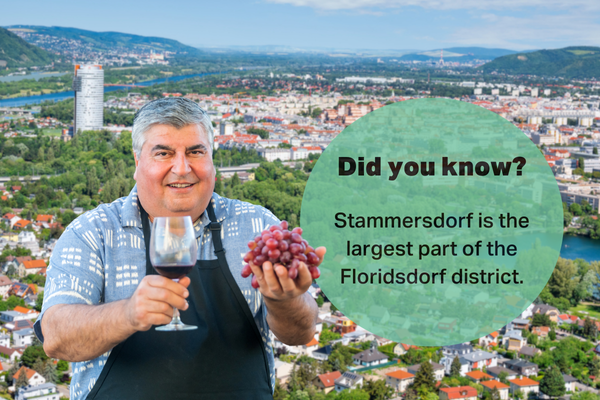
The Fortified Church
A picturesque fortified church dominates the landscape of Stammersdorf. This church is one of the oldest in the region and even in Lower Austria. It features Romanesque elements, which you can still admire today. Inside, the church houses the relics of Saint Nicholas, Aloysius, and Sebastian, as well as a fragment of the Holy Cross, making it a site of spiritual significance.
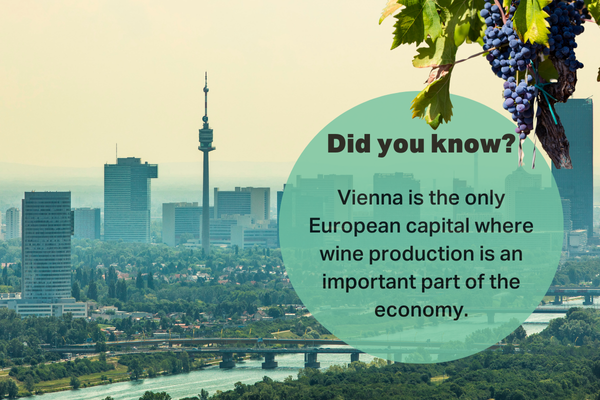
Challenging Times
The proximity to Vienna brought both advantages and challenges. Stammersdorf often served as a military station. Like many surrounding villages, it suffered from plagues that devastated the population. However, the greatest destruction occurred in 1850 when a massive fire ravaged the village, destroying most of the residential buildings, farms, and even the church.
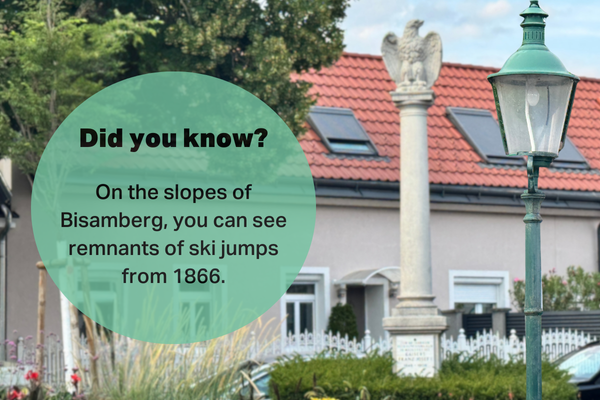
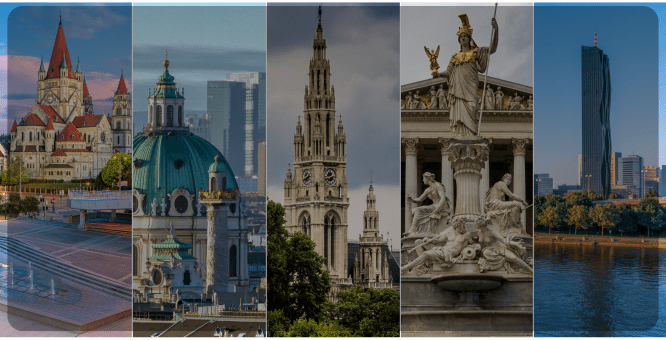
Subscribe
Explore Vienna like a local and discover nearby treasures.
Join our mailing list!
Integration into Vienna
In 1876, long before its official incorporation into Vienna in 1938, Stammersdorf established a tram connection with the capital. This incorporation was part of Hitler’s plan to make Vienna the largest city by area in the Reich. As a result, Vienna’s size increased fivefold.
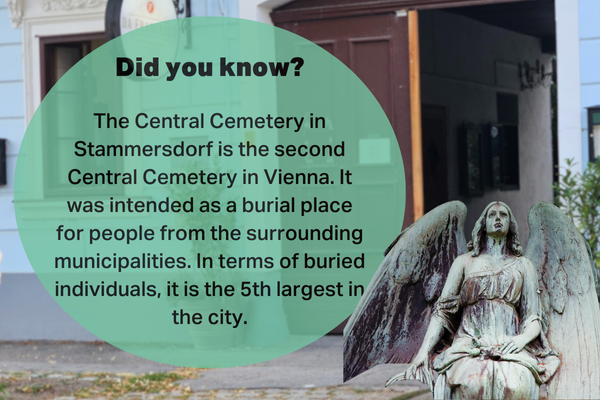
World War II
During World War II, anti-aircraft guns were set up around Stammersdorf to protect Vienna from enemy attacks. Students operated the lighting systems for these installations. A forced labor camp for Dutch and Italian soldiers also existed in the area, although its exact location remains unknown.
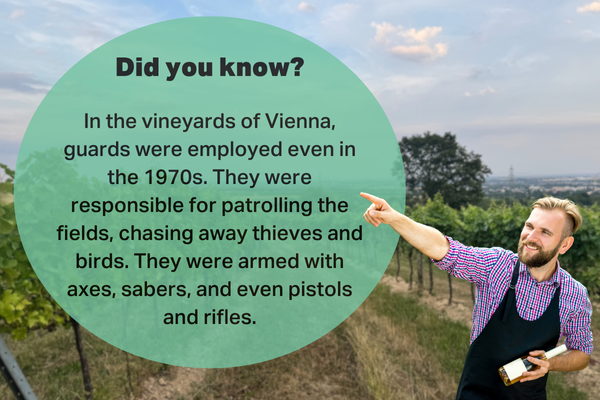
More interesting facts:
– At Brünner Str. 315, there is a building where Napoleon Bonaparte met with Emperor Charles Habsburg in 1805.
– The street with wine cellars is probably the only one of its kind in Vienna.
– Until 2010, there were transmission masts on the nearby mountain. The masts, up to 308 meters high, were the tallest structures in Austria.
– Bisamberg and Leopoldsberg, the two mountains standing opposite each other, are called the Vienna Gate.
Stammersdorf
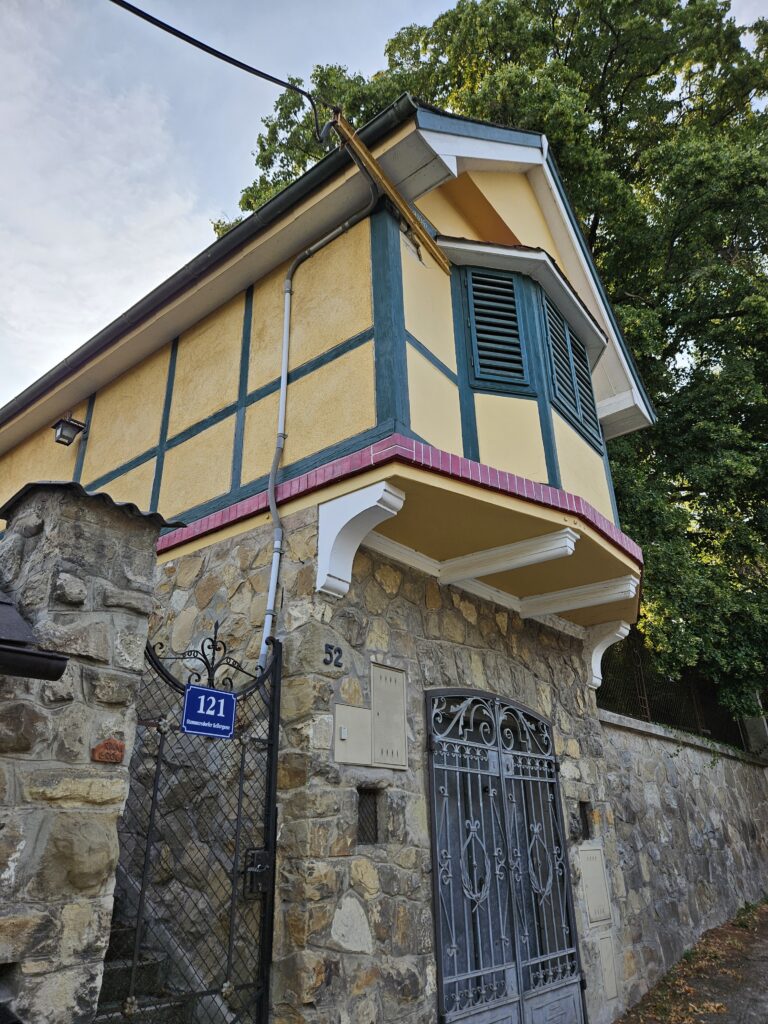
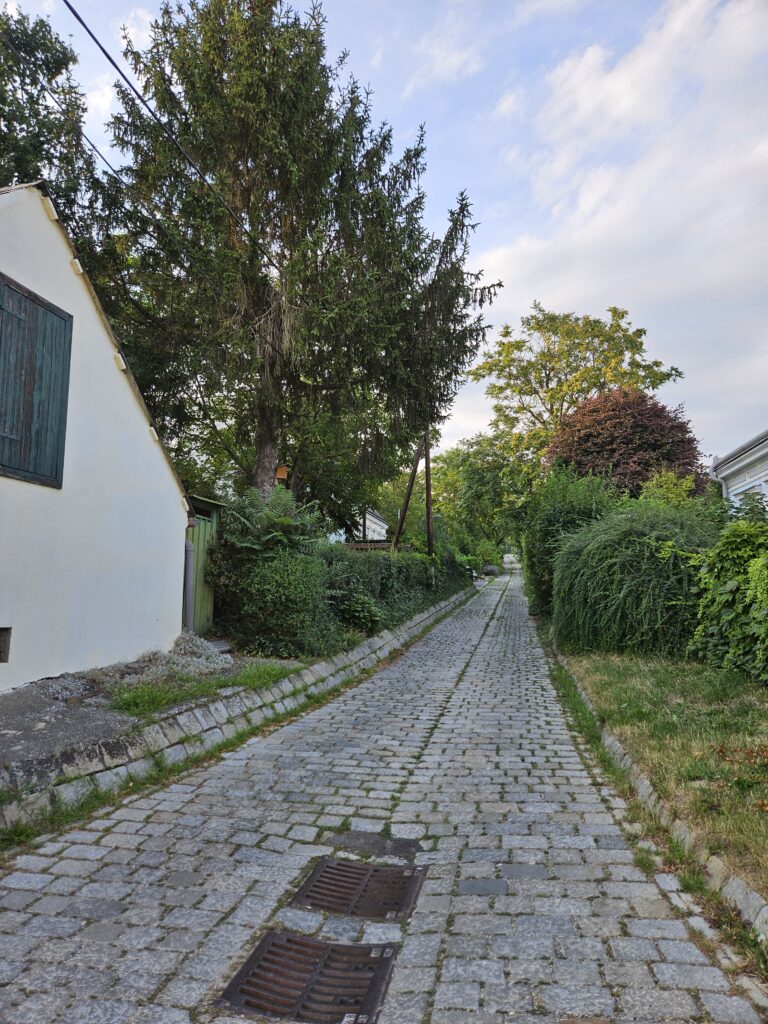
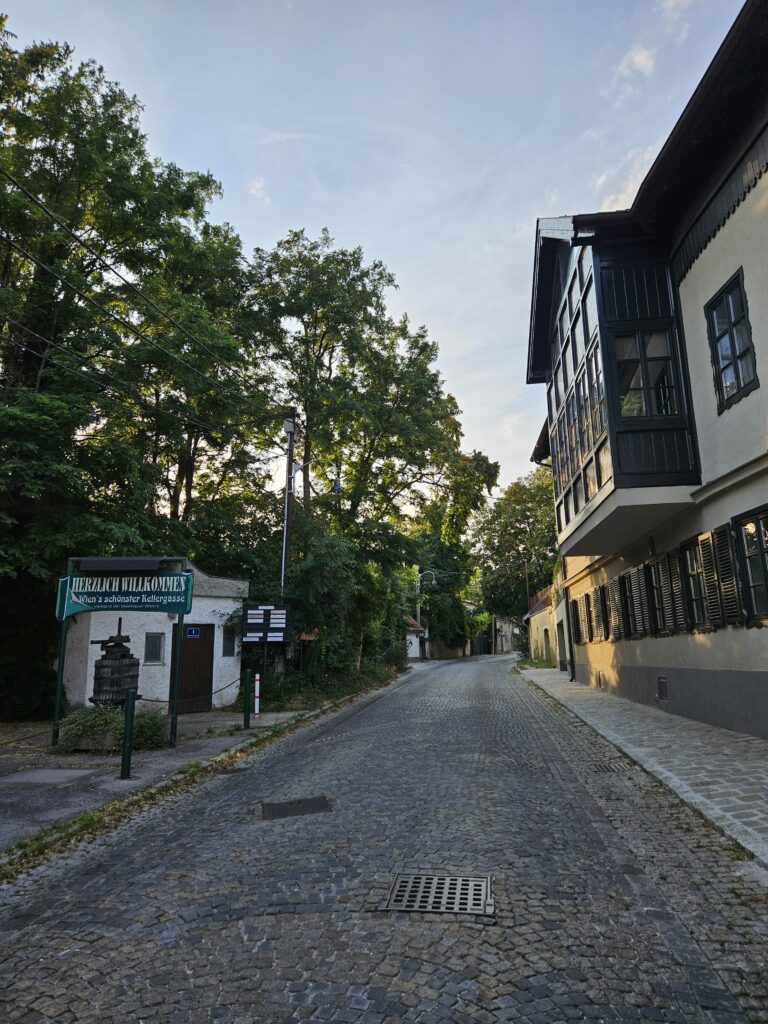
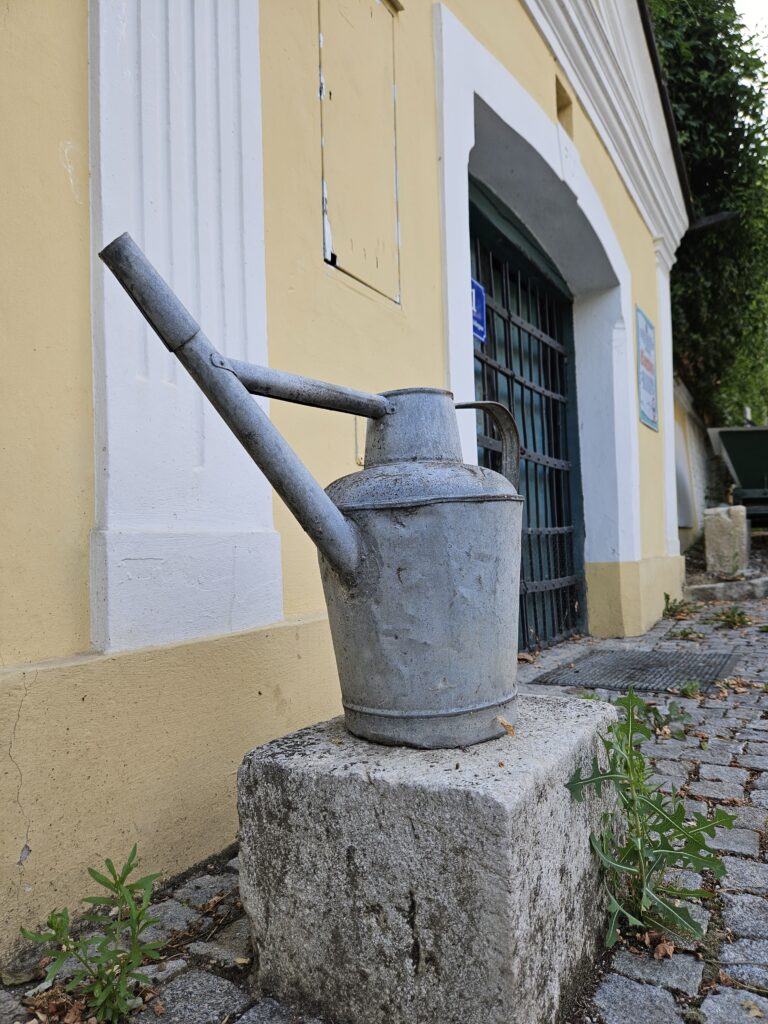
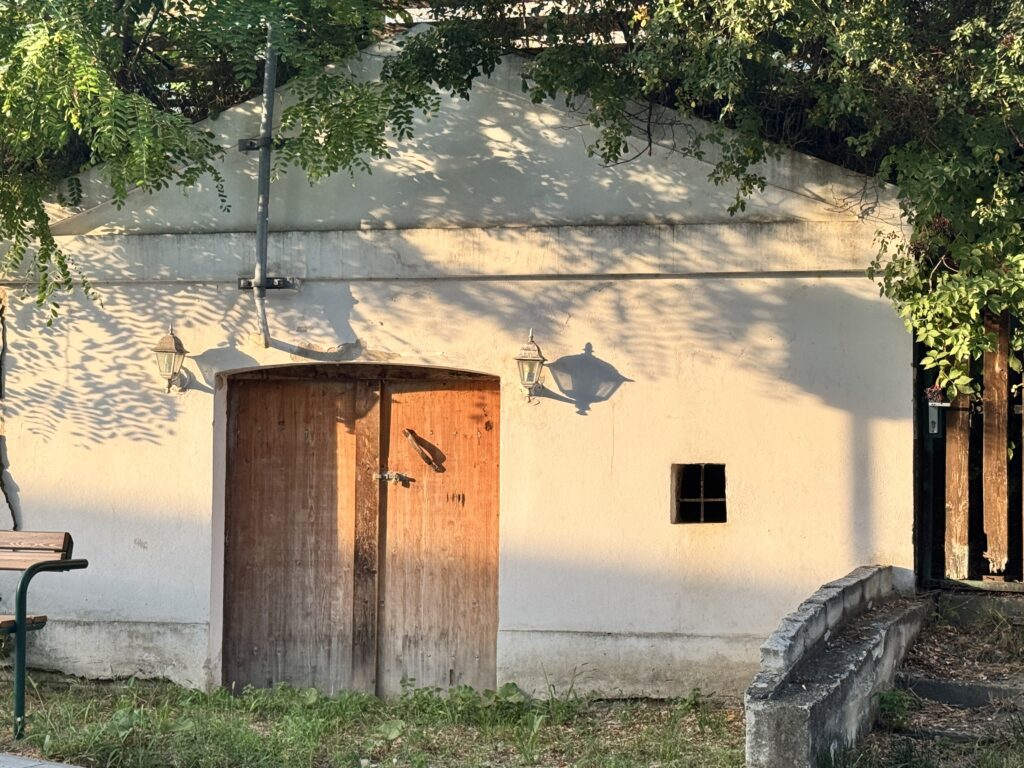
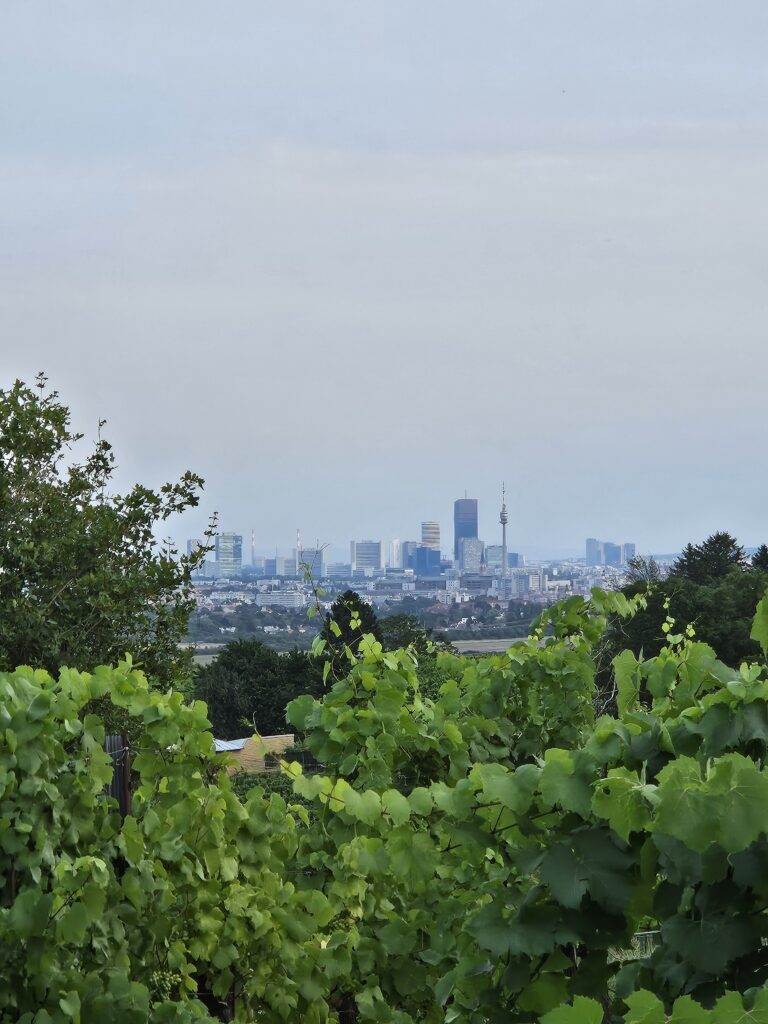
Stammersdorf is not just another part of Vienna; it’s a place where history, tradition, and natural beauty converge. Whether you’re exploring its historic streets, tasting local wines, or simply soaking in the rustic charm, Stammersdorf offers an unforgettable experience that truly captures the essence of Vienna’s rich cultural tapestry.
Join Our Vibrant Community
Are you passionate about discovering the hidden gems of Vienna and its surroundings? Follow us on social media and become part of our enthusiastic community!
Why Follow Us?
- Exclusive Content: Each post is a labor of love, taking between 10-30 hours to create. We share breathtaking photos, captivating stories, and invaluable tips.
- Stay Updated: Never miss out on exciting events, new attractions, and must-visit spots in and around Vienna.
- Support Independent Projects: We are an independent project, and your follows help us cover the costs of running this page. Your support is crucial!
Your Support Matters!
Every follow, like, and share directly supports our work. It helps us continue bringing you the best content and ensures we can keep this site running. By following us, you’re not just staying informed – you’re helping us grow and thrive.
Don’t miss out! Click the links above and start following us today. We can’t wait to connect with you!

